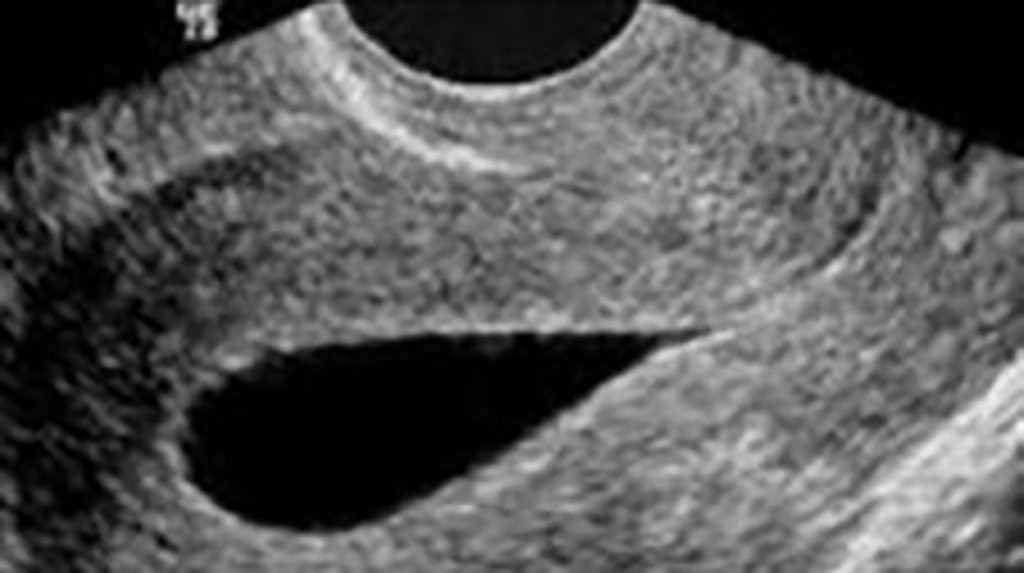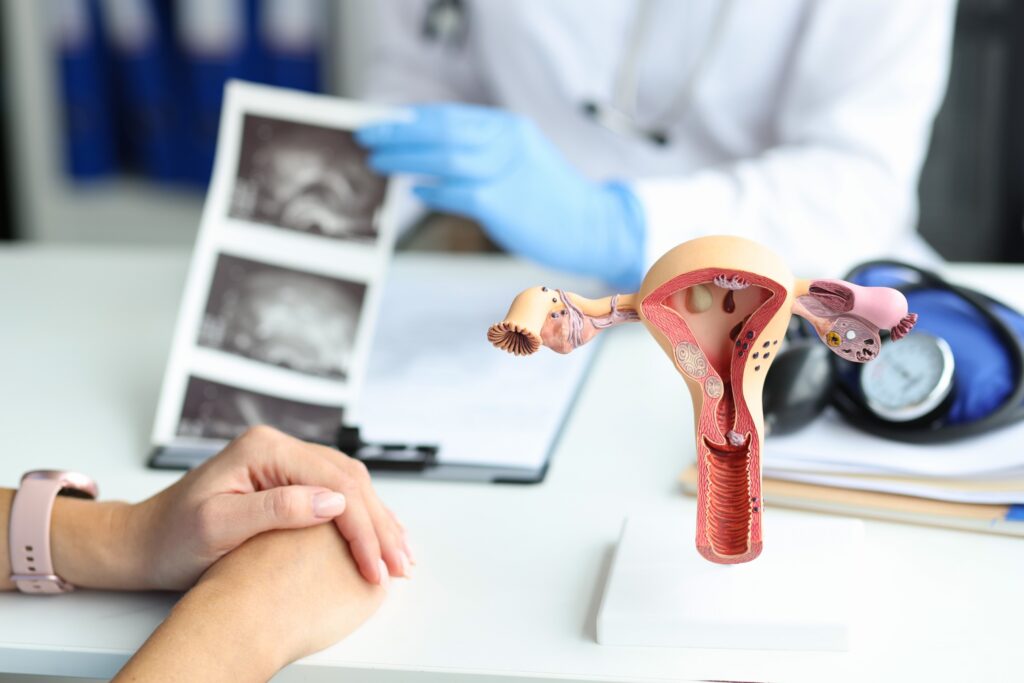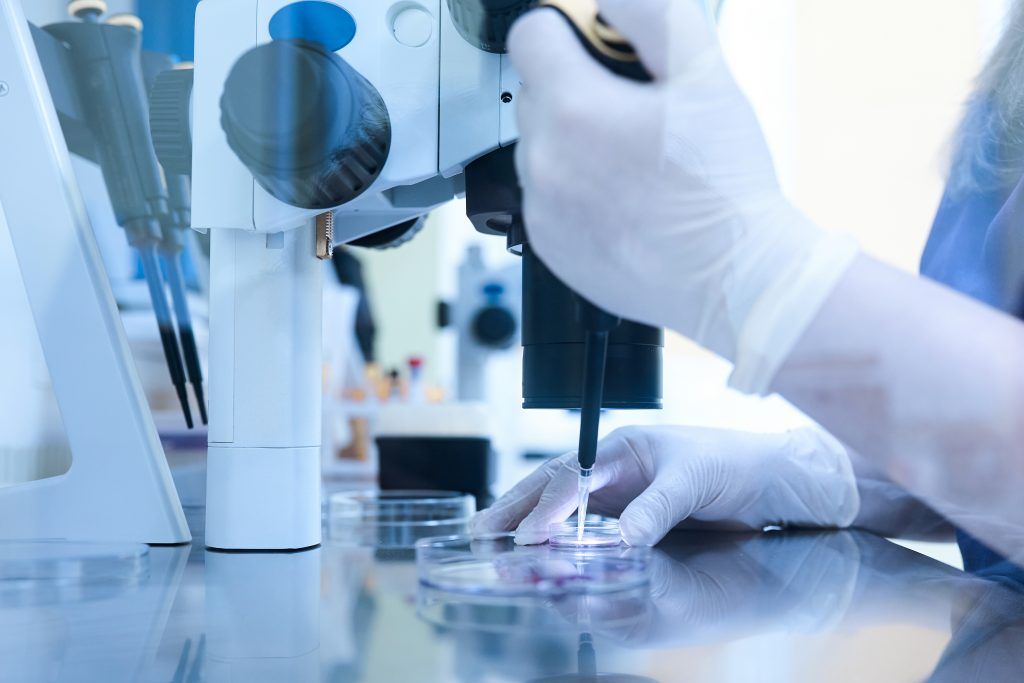The question of “until what age in vitro fertilization (IVF) can be performed” is frequent in our consultations. The answer, as always, must be invidualized taking into consideration many factors that influence the success of an IVF treatment.
Influence of age on a healthy pregnancy
The first thing to keep in mind is that we want a pregnancy to end in a healthy baby at home. The Spanish Fertility Society (SEF) recommends not performing assisted reproduction treatments in women beyond the age of 50, since this is the average age where most women reach menopause and the risks associated with pregnancy increase significantly (gestational diabetes, hypertension, miscarriages, fetal death …). Even if a woman still has her period, it doesn´t mean that she ovulates every month, or that her oocytes are capable to result in a pregnancy. This limit of 50 years is not valid when deciding until what age should IVF be performed, but it´s the recommended limit to undergo assisted reproduction treatments.
Influence of age on the oocyte number and quality
We must also take into account the recommended limit for IVF with own oocytes. Women´s pregnancy rate progressively decreases with age. While the monthly probability of pregnancy for a 30-year-old woman is 20%, at 40, this probability will be less than 8% and from 44, less than 4%. Moreover, there is an increased risk of miscarriage, which reaches around 40% at 40 years.
For these reasons, when the woman is over 42, the recommendation is to use donor oocytes since age affects women´s oocytes, both, in number and quality. Oocyte donation treatment allows us to increase pregnancy rate up to 60% in these patients, since the oocytes of a young and healthy woman are used, and this will guarantee that there will be an adequate number of good quality oocytes.
The quality of the oocytes is probably the most relevant data that we must take into account when deciding until what age a woman can do IVF. It is known that oocyte quality is closely related to age. As the age increases, the oocytes become more fragile and their chromosomal alterations increase. It is estimated that, in women over 42, more than 80% of their oocytes will be chromosomally abnormal and, therefore, a pregnancy will not be possible.
What are the exceptions of the age limit to IVF
Despite all of the above, age limits can never be strictly applied since each couple has its own history and, therefore, a different prognosis. Before treating a couple (or a patient) it´s essential to make an adequate clinical history and a fertility study. The results of these tests will allow us to identify the possible factors delaying a pregnancy, it will also help us to establish the couple’s prognosis and it will be very important for deciding until what age the woman can carry out IVF.
It´s important to make a study of the woman´s ovarian reserve. It can be assessed by a hormonal analysis and a transvaginal ultrasound in the first days of the menstrual cycle. Through these two tests, we can make a prediction of the number of follicles that could develop in an IVF treatment.
There are two hormones that are used as predictors of ovarian reserve: the follicle-stimulating hormone (FSH) and the antimullerian hormone (AMH). FSH fluctuates during the menstrual cycle and can only be assessed between the 3rd and 5th day of the cycle. When the value in these days is above 10, it´s an indicator of low ovarian reserve. AMH levels do not change throughout the cycle, therefore, its value can be measured at any time. If AMH is below 1.1 ng/ml, we can also talk about low ovarian reserve. Based on the results of the hormonal analysis and the antral follicle count by ultrasound, we can have an approximate idea of the competence of the ovaries to the stimulation, and the probability of pregnancy of that particular patient.
Another fact that can help us to decide until what age perform IVF, is the response to stimulation in previous IVF treatments. The number of follicles that have developed, number of oocytes obtained, fertilization rate, number of viable embryos and their quality, are very important data when recommending a patient to try for a new IVF treatment or, recommend her to change the technique.
As a conclusion, we can say that establishing a limit to decide until what age to perform IVF is not appropriate. Each patient requires an evaluation in order to offer realistic expectations that will help them make the decision about the most appropriate strategy.
Dr. Laura Blasco Gastón – Gynecologist specialized in Assisted Reproduction



















